
Research to understand COVID-19 spread on public transport
A major scientific study has been launched to understand the risks of COVID-19 transmission on buses and trains - and to identify the best measures to control it.

A major scientific study has been launched to understand the risks of COVID-19 transmission on buses and trains - and to identify the best measures to control it.
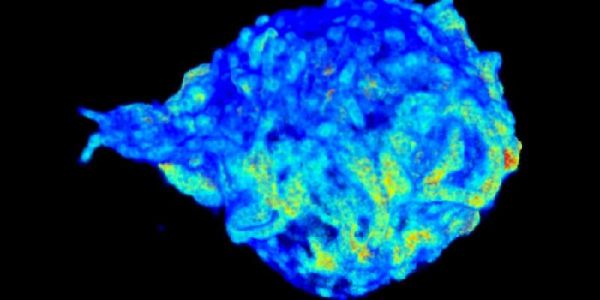
Visualising how molecules move in cells or interact with drugs will be possible with one of the world’s most advanced imaging centres being developed at the University.
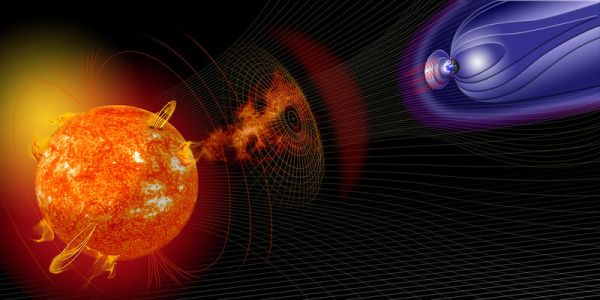
The UK’s ability to predict solar superstorms and other severe space weather events is to get a significant boost with the launch of a major research project involving Leeds expertise.

Scientists have used the principles that guide a mosquito’s nocturnal flight to develop a quadcopter equipped with an elegant collision-avoidance sensory system.
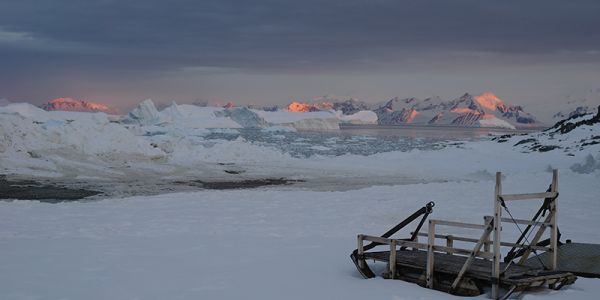
Greenland and Antarctica are losing ice faster than in the 1990s and are both tracking the Intergovernmental Panel on Climate Change’s worst-case climate warming scenario.
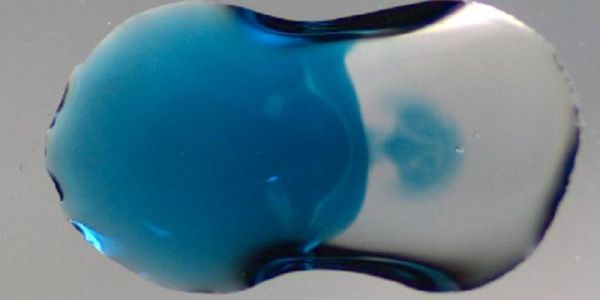
Cameras shooting up to 25,000 frames a second have been used to capture the moment two droplets of liquid come together, opening up research into new applications for 3D printing.
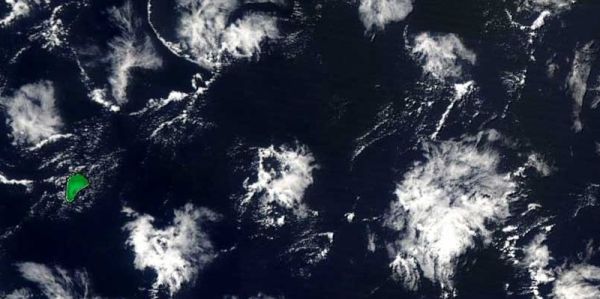
UK scientists are taking to the skies as part of a major international research campaign to better understand the behaviour of clouds and their role in climate change.

Engineers have developed a prototype drone-mounted wireless scanning system, which can fly up the outside of a high rise building and detect the whereabouts of individuals who may be trapped inside.
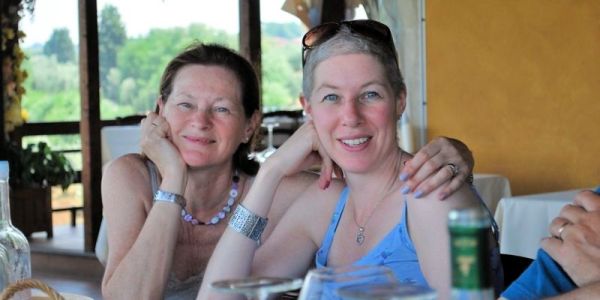
Researchers in Yorkshire are collaborating on a new national data hub that aims to transform how cancer data from across the UK can be used to improve patient care.
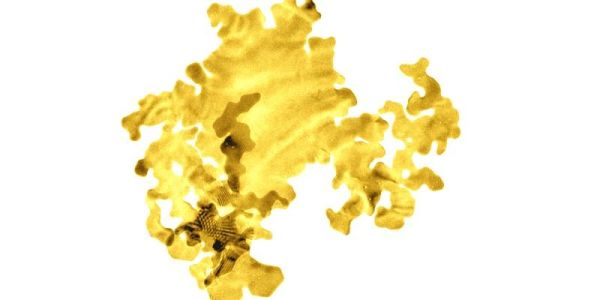
Scientists at the University of Leeds have created a new form of gold which is just two atoms thick – the thinnest unsupported gold ever created.